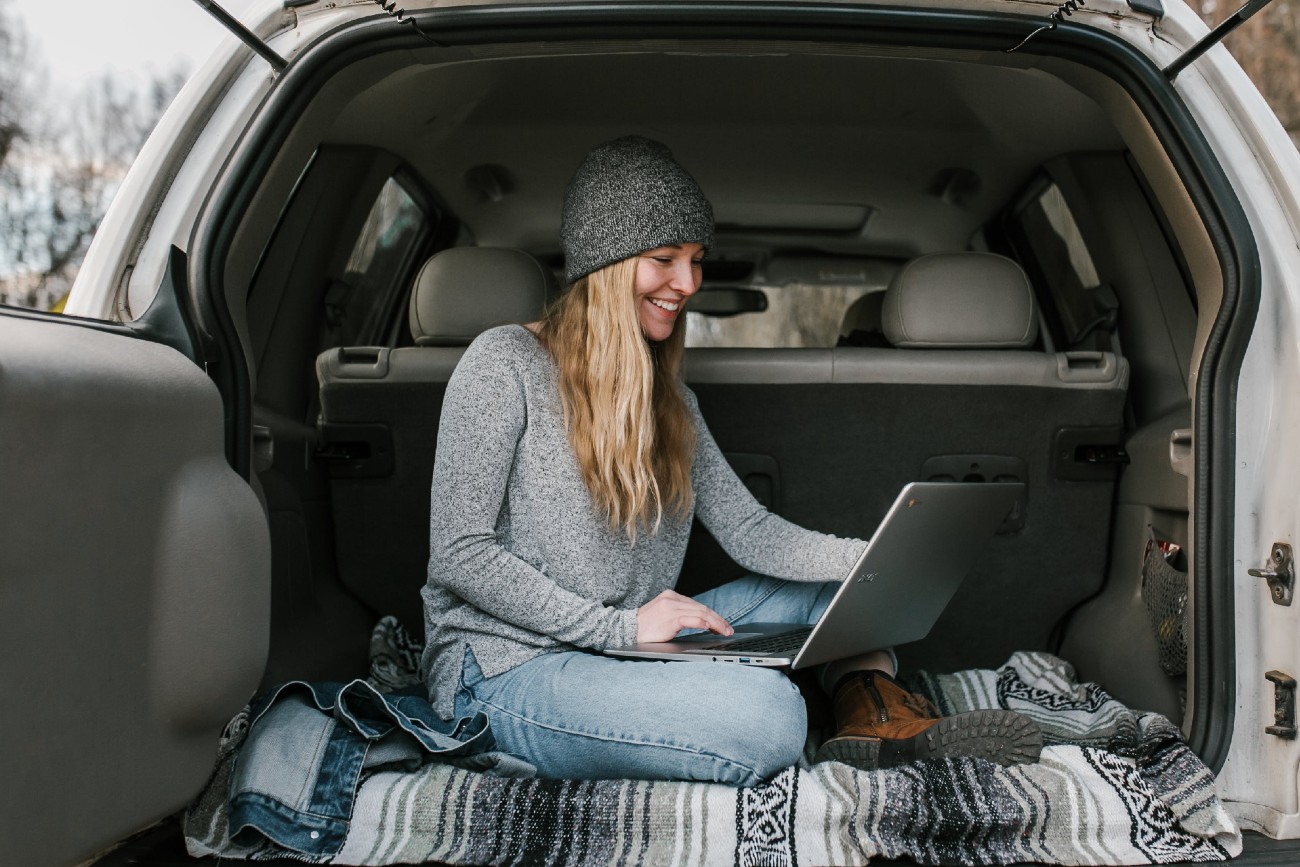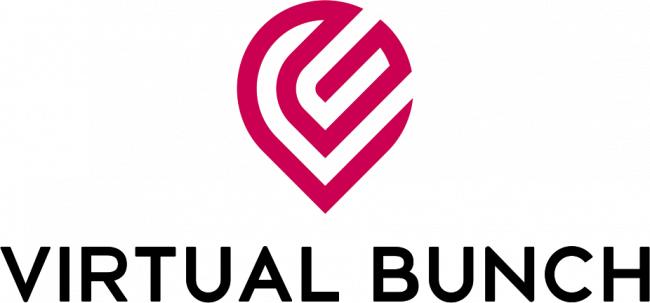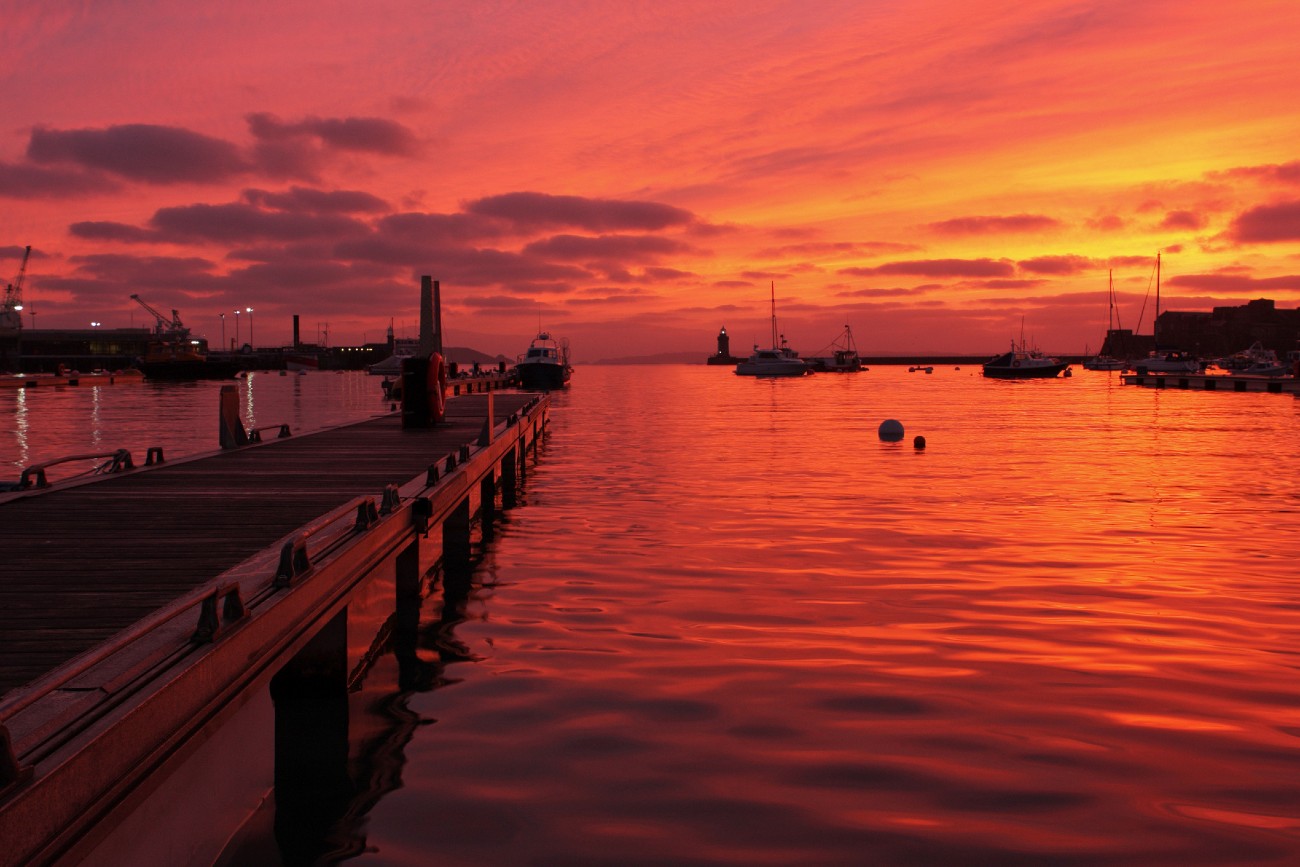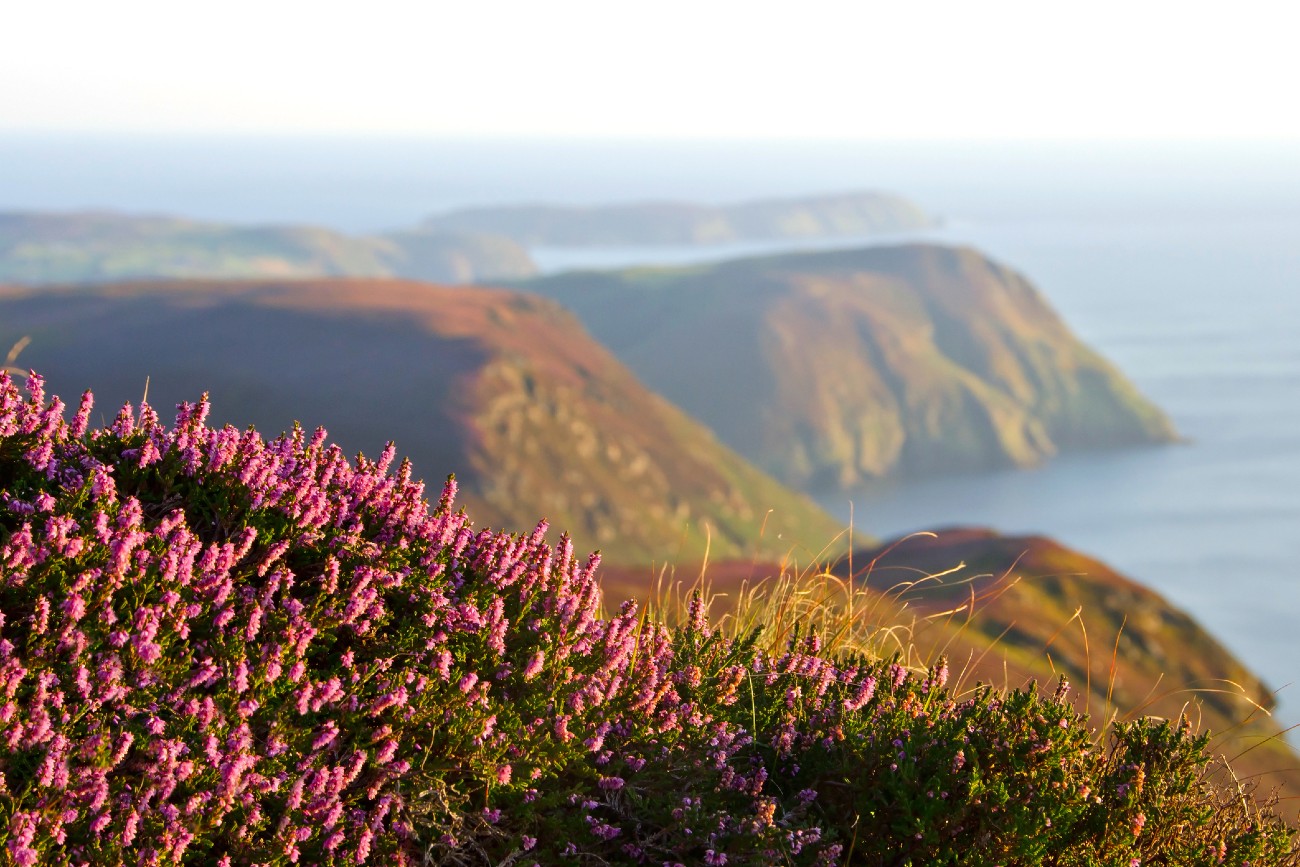
Trust, a word that in 2020 seems to have disappeared from the vocabulary of people around the planet, but that it is necessary to rescue, especially for the world of business.
Someone who can teach us on that subject is Anthony Willoughby through a very particular method that he discovered from a not less particular group of people.
Willoughby, founder of The Nomadic Business School, spent much of his life traveling through Africa, Asia and Oceania, on adventures that led him to learn about the behaviour of nomadic tribes such as the Maasai in Kenya and others in Western Mongolia.
In his travels, he discovered the importance for these tribes to know their territory as a way of having confidence and clarity in their journeys. The same thing happens in business. “It is about taking people back to understanding that their business is simply and emotionally rivers, deserts, mountains and swamps and how they unite people to deal with that”, explains the explorer in an interview held with Andi Simon from Simon Associates Management Consultants.
Willoughby explains that it is vital in organizations, especially in times when they have to walk the cobbled path that the Covid19 pandemic continues to leave, with so many uncertainties and doubts. To create that trust, it is necessary, he explains, for the leadership of the company to build a map so that their team will know the path. “I discovered that when I asked people this single question “What is your territory?”, they started to get some trust and clarity””, he says.
But clarity alone isn’t enough. For the founder of The Nomadic Business School, “It’s how you create a real operational community”. That is why he encourages leaders to cultivate communities within their organizations and to take the indigenous nomads as an example. He explains that they have built groups that keep them strong, unified, and adaptable when they are faced with great difficulties, by bringing out their spirit of intense cooperation and migrating when faced with challenges.
For Willoughby, creating a team is not that difficult. He found that there was a lack of purpose, belonging, trust and clarity inside the organizations he studied. This made him think of the nomad communities and to start to think that success has to do with the ability to give people hope, to give them belief, to give them courage. “That’s what leadership today is. But to support that you have to work on how you inspire people to want to take responsibility for what you’re giving them”.
The Nomadic approach
The nomadic business approach has been applied by The Nomadic Business School in organizations such as the Bill and Melinda Gates Foundation in its fight to eradicate polio. Willoughby recalls that in their first map, their members drew a wagon that they followed and that represented their actual situation at that moment when they didn’t seem to know where to go, why where they attacked and where there was lack of clarity. Afterwards, they worked together and came up with a map that everybody could relate to.
In it, there was the city of Seattle (Gates Foundation headquarters), the whole African continent and the map of China. The latter and the first used ropes to raise Africa. This map actually inspired them to help that continent in its fight against polio and, in fact, the result was a global plan between the Gates Foundation and China to mobilize resources for global eradication of the disease.
“We have got to have clarity in our goals. We have got to have the trust that we will inspire a group of people to get there themselves. So if we are in a mountain, and you have a group, you have to ask yourself are they all pulling together? Do they understand it? And that’s really where this territory mapping falls into place. Because on a territory map I’ve discovered that inside everybody there is a map of their territory that fellows know where he is and he knows his responsibilities. Does everybody in your team know their territory?”, Willoughby asks.
Talking about people’s fears
The explorer also thinks that courage is another attribute that the members of a team must have in order to have greater success or a greater peace of mind and happiness. But to have courage he also thinks one must have new skills and new attitudes. “I think that is what all leaders need to do today”, he says and adds that they’re gonna have to give people hope and encouragement. “They’re gonna have to inspire people to believe in something that is bigger”. And he adds that those leaders will even have to encourage the people to talk about their fears.
But he asks himself, how do you get people to talk about their fears? To talk about their lack of certainty? To create the clarity which creates a trust which creates a map so the leader can inspire his people? How can we work so you change the language using the map to give people greater trust and hope?
All those issues inspired Willoughby to set up a company that would unlock them and give people trust in themselves, in others and in Mother Nature and they wouldn’t need to jump off buying a new car, a new job or something else, and start realizing it was themselves they needed to trust first and everything else would fall into place.
Going back to the building a community issue, the interviewed explained that he found similarities between the Maasai in Kenya and tribes in Western Mongolia, through an exercise that consists in drawing what he calls the Leadership Trust Wheel. In it, the tribe members gave priorities to issues regarding Invisible and Visible Leadership, Hard Knowledge – Wealth and Community Strength & Culture, with subtopics such as Territory, Wealth & Opportunities, Authority & Responsibility, Integrity & Reputation, Earned Leadership, Humility of Authority, among others.
Willoughby explains that with the Leadership Trust Wheel they are creating a totally new conversation around a currency of trust, courage and clarity to help people start to see what they are meant to be doing in a way that we should have been doing things for thousands of years. “And I think finally we have to go back to it because we don’t have the obscurities that we used to have”, he adds.
We are going through challenging times with the pandemic and there is a tendency to change the way we used to work. Employees are demanding higher levels of flexible working and there has been an increase in the number of people telecommuting from home. This calls for companies and their leaders to seriously consider the fact to establish a new plan, a map based on the teachings of these nomadic groups that have been applying it for centuries.
Would you like to learn more remote work? Read the following article: How To Ensure Success When Working Remotely In A New Location


